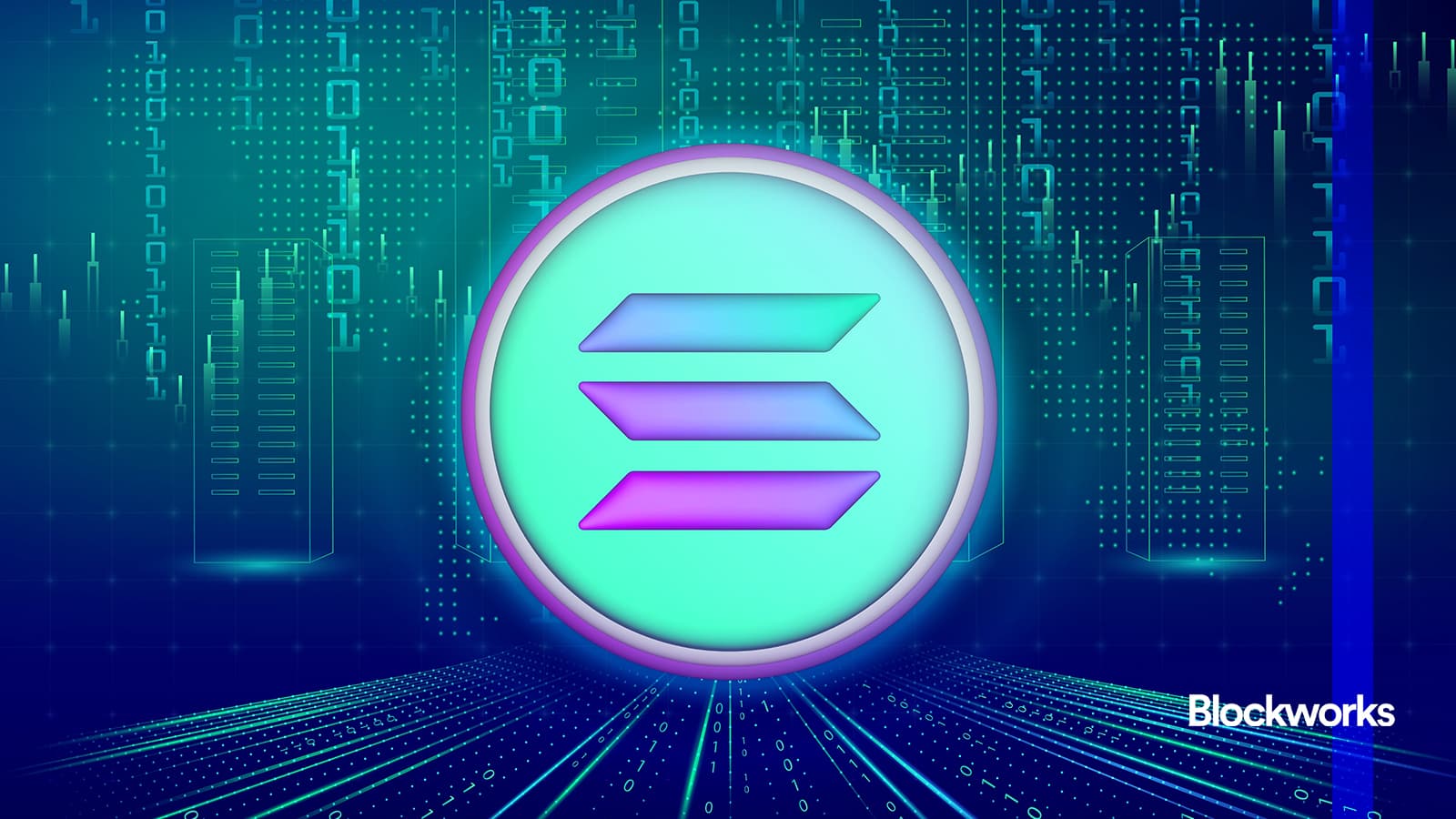SEC Approves First Solana Staking ETF: A New Era for Crypto Investments

SEC Clears Path for First Solana Staking ETF in the U.S.
SEC Signals Approval for Solana ETF
On Friday, the SEC communicated to REX Shares and Osprey Funds that it had “no further comments” regarding their application for a Solana staking ETF. This phrase is often interpreted by industry experts as an implicit endorsement from the SEC, similar to the signals that preceded the launch of spot bitcoin ETFs from major firms like BlackRock and Fidelity.
Launch Date and ETF Structure
With the review process now complete, the fund is set to commence trading on Wednesday, July 2. The REX-Osprey Solana and Staking ETF will be the first exchange-traded fund in the United States to provide investors with exposure to Solana’s price fluctuations while also offering staking rewards.
This ETF is uniquely structured under the Investment Company Act of 1940, utilizing a C-corporation format. This design allows staking income to be distributed to investors without raising regulatory concerns related to yield, taxation, or custody.
Overcoming Regulatory Hurdles
The challenge lay in the treatment of staking rewards as ordinary income, which had previously conflicted with trust-based fund models that struggled to distribute variable staking yields. On May 30, the SEC requested that REX and Osprey postpone the effective date of their registration statements, citing unresolved issues regarding whether the proposed fund structures qualified as “investment companies” under the 1940 Act.
Bloomberg analyst James Seyffart noted that the funds’ innovative C-corp format could potentially bypass the standard 19b-4 rule-change process. The SEC’s lack of objections to this structure now seems to confirm its compliance.
Market Impact and Accessibility
REX Shares has already begun promoting the ETF as “coming soon,” and analysts like Eric Balchunas have expressed excitement about the impending launch. This ETF significantly lowers the barriers to staking, which previously required investors to either transfer tokens to a crypto exchange or set up their own validator.
For the first time, traditional investors can gain passive exposure to Solana and earn staking yields through the same brokerage accounts they use for stocks or index funds. This advancement in accessibility sets a new precedent in the market.
Future of Staking ETFs
Several ethereum-staking ETFs are in the pipeline, and the approval of Solana’s ETF provides a roadmap for these future offerings. However, ethereum’s staking mechanics, which include complexities like slashing and longer unbonding periods, may present additional challenges.
It appears that the SEC, under the current administration, was not aiming to prohibit staking altogether but rather sought a suitable framework that could address yield, taxation, custody, and compliance in a manner familiar to traditional finance.
First-Mover Advantage
While REX and Osprey may not be as widely recognized as BlackRock, they now hold a significant first-mover advantage in what could evolve into a lucrative ETF sector. This development coincides with a surge in staking activity, as evidenced by Jito, a Solana-based liquid staking and MEV protocol, which saw a 5.7% increase today. Additionally, Robinhood has launched its own in-app SOL staking feature, providing retail investors with a direct alternative.
Stay Updated with the Latest News
For more insights and updates, subscribe to Blockworks newsletters.







